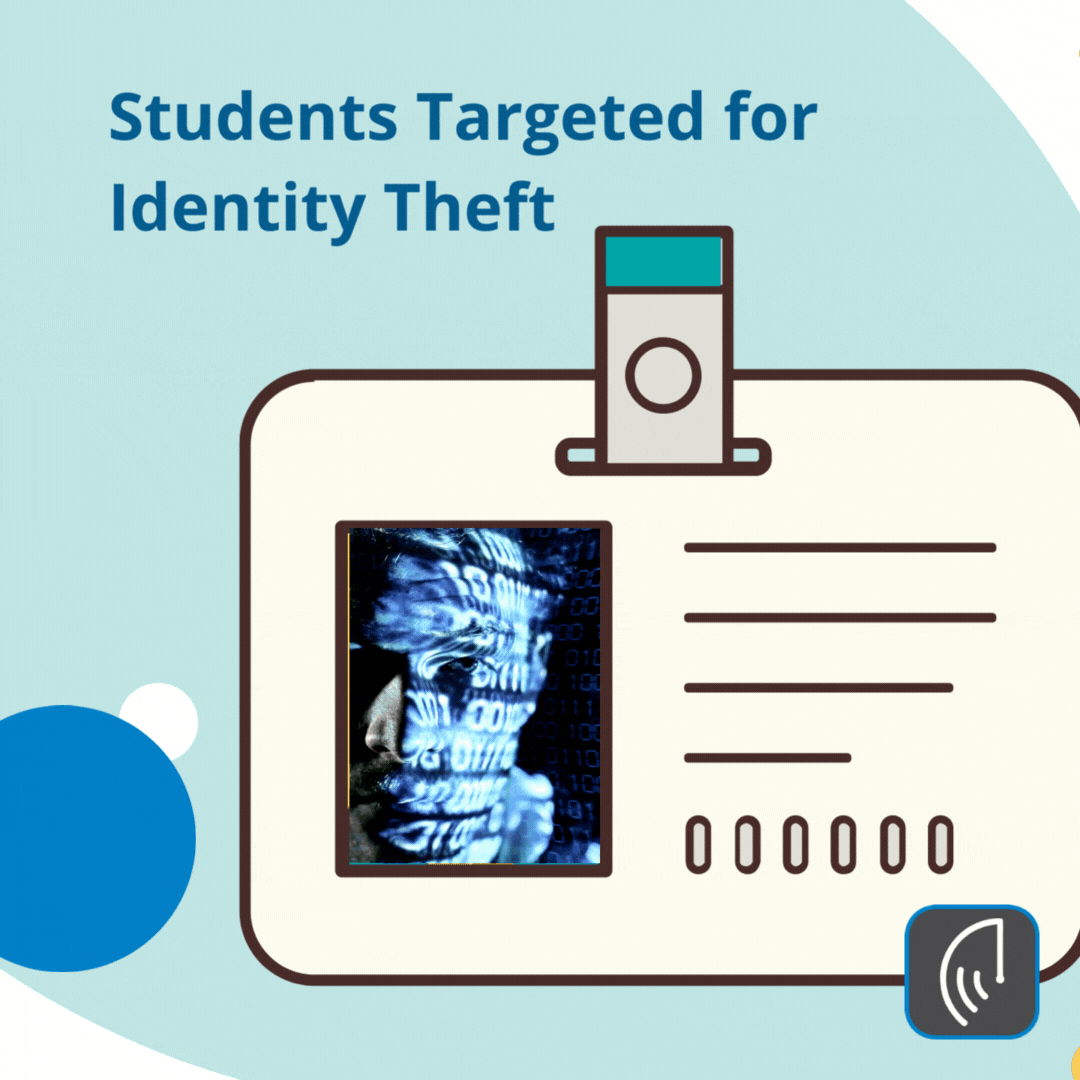Schools across the nation are kicking off the new school year, and students are targeted for Identity Theft and Fraud schemes! Schemes that we never worried about in the early 2000s. Student life was simple, desktops were for papers, no smartphones, no social media, and socializing was actually in person!
That is not today’s reality
Now more than ever, devices, Social Media, and advanced schemes have increased the risk for students. Risks that now are more prevalent due to the majority of students having constant connectivity.
A significant increase in phony LinkedIn, Facebook, and other social media friend requests placing many students at risk coupled the daily inundation of information/misinformation has given cybercriminals an endless resource to implement their attacks.
It’s not just college kids though…
K-12 districts across the U.S. have become targets as well.
The worst-hit states include:
- New York with 89
- Texas with 79
- Illinois and Ohio each with 60
- Florida with 58
Overall, Colleges account for 74% of education data breaches.
Please see this dated but still relevant, July 14, 2020 article titled FBI warning-cybercrimes are up and school districts could be the target, for more information.
What students and parents can do to mitigate risk?
Students and Parents can mitigate exposure to cyber scams and identity theft in the following ways.
- The COVID-19 pandemic has new email phishing attacks that try to trick parents working and students studying remotely into giving away credentials for access to their employers’ and college/university networks. You need to stay vigilant and be careful with every email.
- A new voice phishing scam uses a combination of one-on-one phone calls and custom phishing sites to steal VPN credentials from again – both parents and students.
- Limit what you share online, use, and regularly change strong passwords on devices.
- Know your rights. “Student rights” under the Federal Educational Rights and Privacy Act (FERPA) protect the privacy of student records.
Online students are being targeted by Identity Theft criminals now more than ever. As these criminals continue to use student information to obtain employment, rent an apartment, open a utility, cell phone, or bank account, or access government benefits be ever aware of new and emerging scams.
